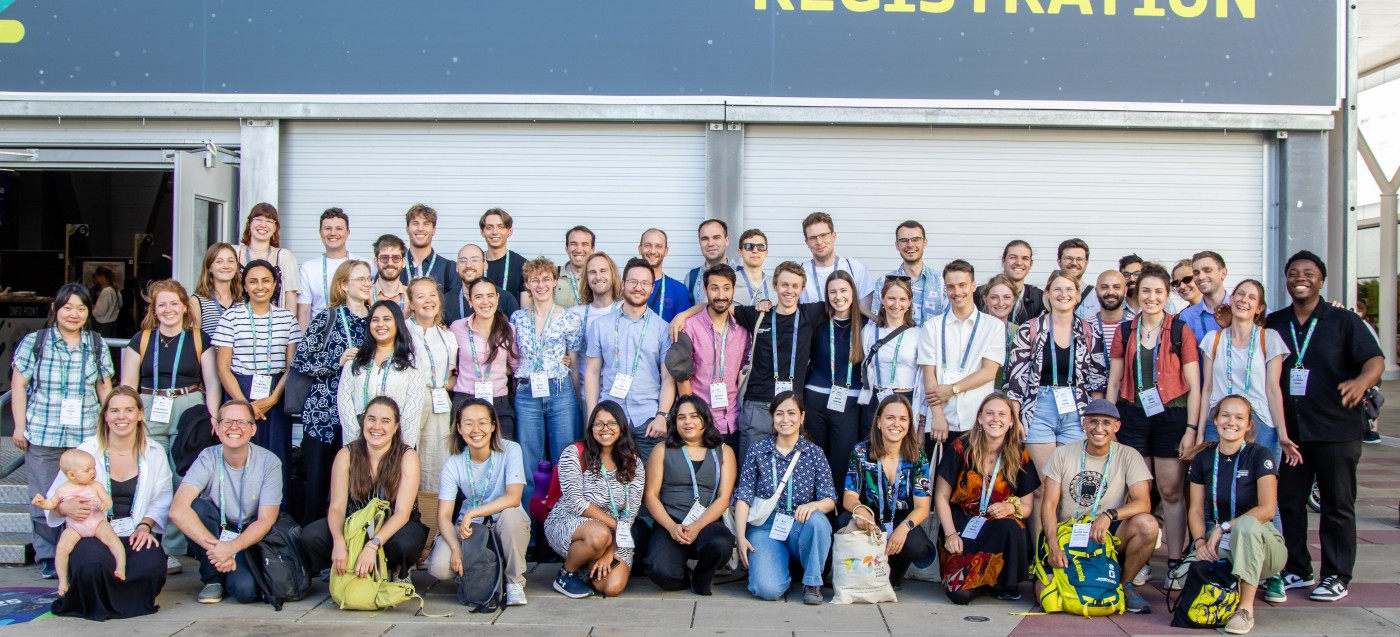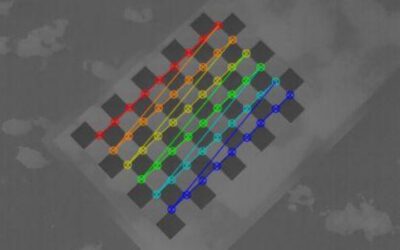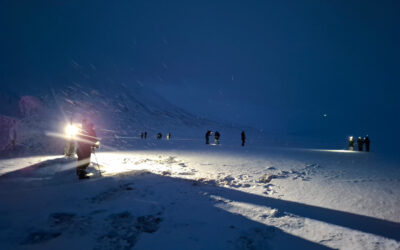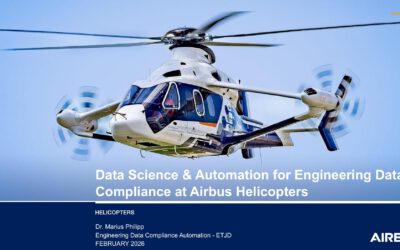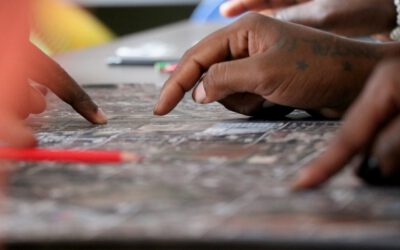This week, our EORC team and EAGLE MSc students are joining the global Earth observation community at the ESA Living Planet Symposium (LPS) 2025 — one of the most important gatherings for Earth system scientists, remote sensing experts, and space agencies worldwide.
This week is best described as: Learning, Networking, and Showcasing Cutting-Edge Earth Observation Research
For many of our students, the LPS is not only an exciting opportunity to dive into state-of-the-art developments in Earth observation but also a part of their coursework. As part of their academic program, they are tasked with exploring the symposium, engaging with presentations, posters, and interactive sessions, and selecting the most innovative and inspiring contributions to present and reflect upon later.
But the week offers much more than academic credits. It’s an intense learning experience — arguably more packed with fresh insights, real-world applications, and high-level exchange than a typical week of lectures. Our students are not only absorbing the latest scientific findings but also actively contributing to the conversation by presenting their own research projects to an international audience.
Meanwhile, our EORC staff members are using the symposium to stay connected with the latest trends and technologies in Earth observation, exchanging ideas with other experts, and fostering collaborations. These events are invaluable for building new partnerships and strengthening existing connections across borders and disciplines.
The ESA Living Planet Symposium is not just a showcase of satellite missions and scientific results — it’s where the future of Earth observation is shaped. We are proud to see our EAGLE students gaining confidence, engaging in scientific dialogue, and becoming part of this vibrant community.
We look forward to hearing about their highlights and impressions once they return — and perhaps seeing some of them present at future editions of LPS as early-career researchers themselves!

